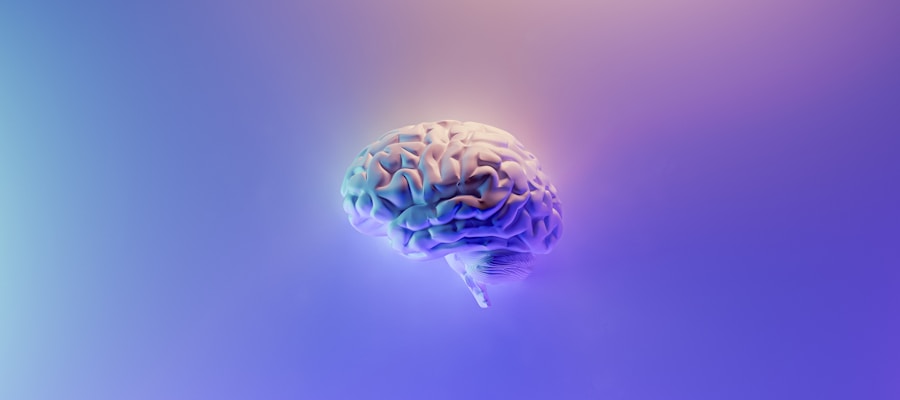2.
🟡 Some Subtle Shifts (Let’s Tune In Sooner, Not Later)
First, thank you for taking the time to explore your brain health. I know it can feel scary to even ask these questions — so take a moment to celebrate your courage.For many, especially if you have a family history of Alzheimer's, cognitive decline is a real concern. Perfectly understandable given what happens with Alzheimer's and the 1 in 5 chance (lifetime risk) of developing it for women at age 45. That's a whopping 20 percent!!! 😳But here’s one of the most crucial things to know: While all cases of Alzheimer's are hereditary and your specific genetics may increase your risk of developing late-onset Alzheimer’s, lifestyle plays an even more important role. It's actually the biggest determinant of the outcome.Second, Alzheimer's is not a disease of old age. With new brain imaging technology like PET scans, we now know the disease process starts 10-30 years before the first symptoms appear — and the latest research shows menopause makes women's brains more vulnerable.The Good News. The menopause transition is also an incredible window of opportunity for real prevention. This is not about living in fear. It’s about stepping into your power to create the life and future you want — one where you stay sharp, independent, and fully you.Third, whether your results landed you in the green, yellow, or red zone, one thing is true for everyone who took this quiz: your brain is talking to you. And you’re sooooo wise to be listening.What your results actually mean — and what to do next to support your brain health so you can think better, feel better, and be even more resilient during the menopause transition and beyond:🟡 Some Subtle Shifts (Time To Pay Attention)While this is not a diagnosis, your answers do suggest your brain may be struggling — common in midlife, but not something to ignore. These shifts are often tied to sleep, stress, hormonal shifts, nutrient deficiencies or medications.This might explain why your cognition feels off.The brain fog, forgetfulness, and midlife mood swings are signs your brain is pleading for more support.What kind of support? I explain this and more in my FREE masterclass: 5 Keys to Protecting Your Brain Health. I promise, by the end, you'll feel less stressed and more equipped than ever!
